43 pages • 1 hour read
EuripidesTrojan Women
Fiction | Play | Adult | BCEA modern alternative to SparkNotes and CliffsNotes, SuperSummary offers high-quality Study Guides with detailed chapter summaries and analysis of major themes, characters, and more.
Lines 829-1112Chapter Summaries & Analyses
Summary: Lines 829-999 (Choral Ode, Helen’s Speech)
Astyanax is taken offstage for his execution. Andromache exits riding on the cart of Trojan spoils. The Chorus launches into another ode, this time focusing on Troy’s legendary past, and the causes of its current and former downfalls. The ode is somewhat cryptic, so it’s worth outlining the myths referenced here. First, by way of introducing the gods who are involved, the Chorus tells the story of Athena and Poseidon’s competition for patronage over the city of Athens. They then reference how Poseidon and Apollo went to Troy and built the city’s walls, but when then-King Laomedon failed to pay them, Poseidon sent a sea monster to eat the king’s daughter. The hero Heracles, traveling with his friend, Telamon, arrived and offered to destroy the sea monster in exchange for Laomedon’s horses. Laomedon agreed, but again failed to hand over the horses once Heracles had completed the task, so Heracles destroyed Troy.
The Chorus addresses Ganymede, the son of King Laomedon, who was renowned for his beauty and who became the cup-bearer (and lover) of the god Zeus. The myth goes that, when Zeus took Ganymede, he sent glorious horses to Laomedon—the same ones that Laomedon would later fail to deliver to Heracles.
Related Titles
By Euripides
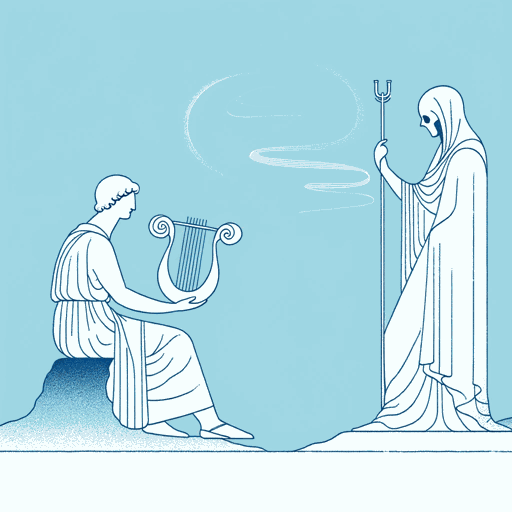
Alcestis
Euripides
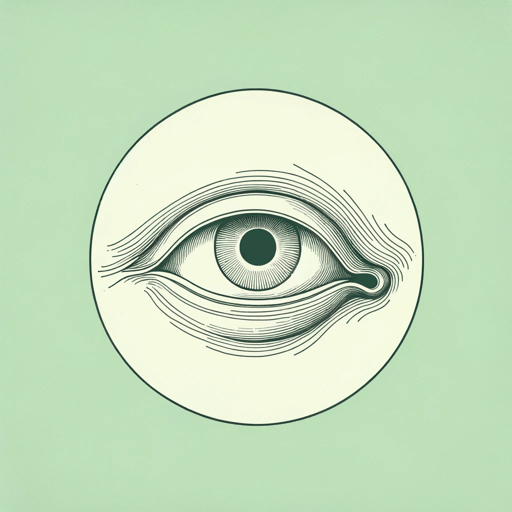
Cyclops
Euripides
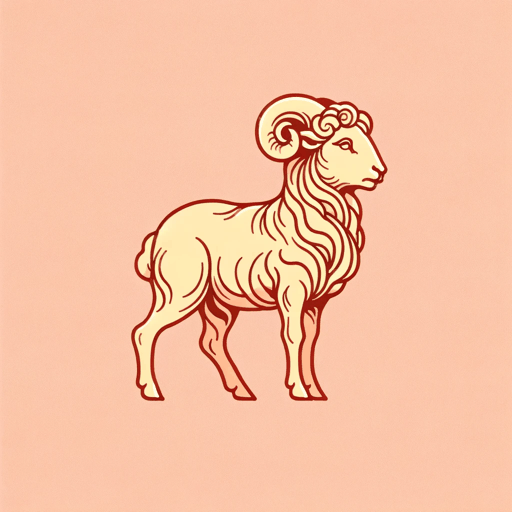
Electra
Euripides
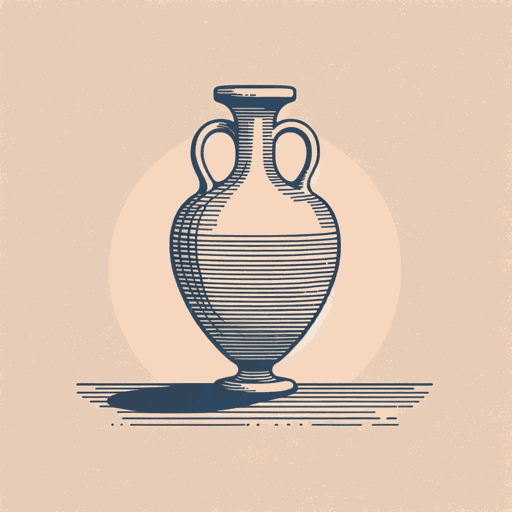
Hecuba
Euripides

Helen
Euripides
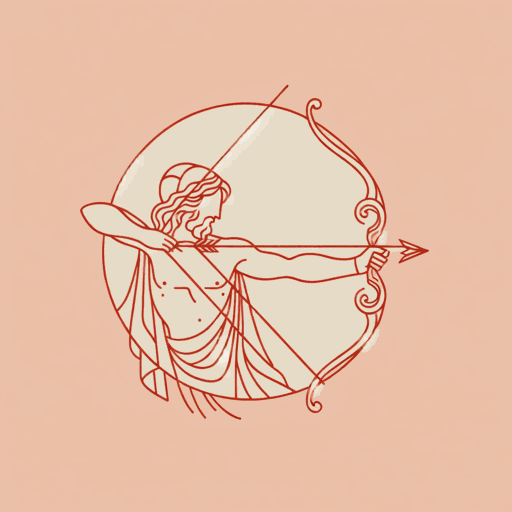
Heracles
Euripides
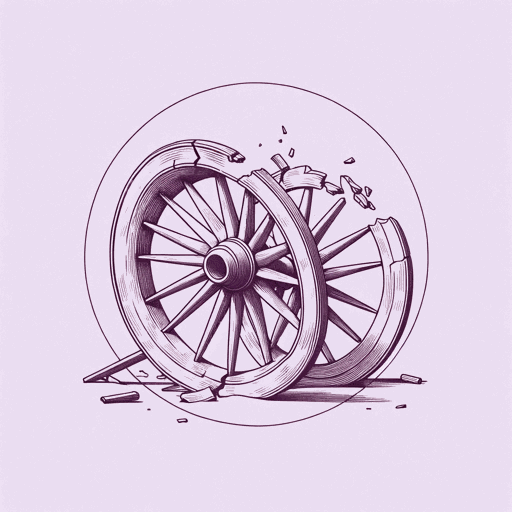
Hippolytus
Euripides

Ion
Ed. John C. Gilbert, Euripides

Iphigenia in Aulis
Euripides
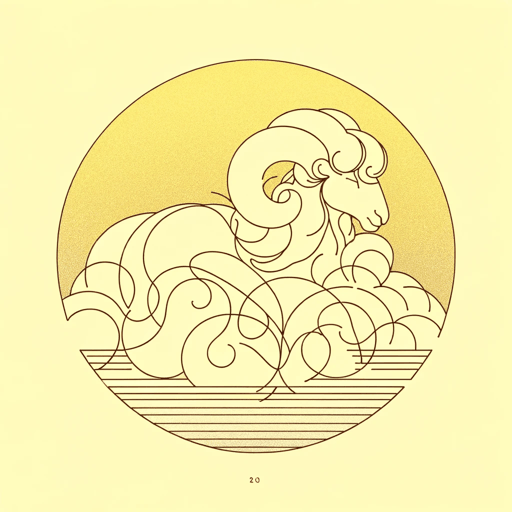
Medea
Euripides
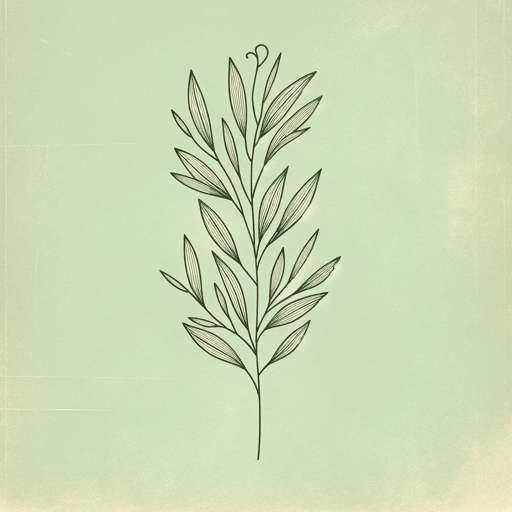
Orestes
Euripides
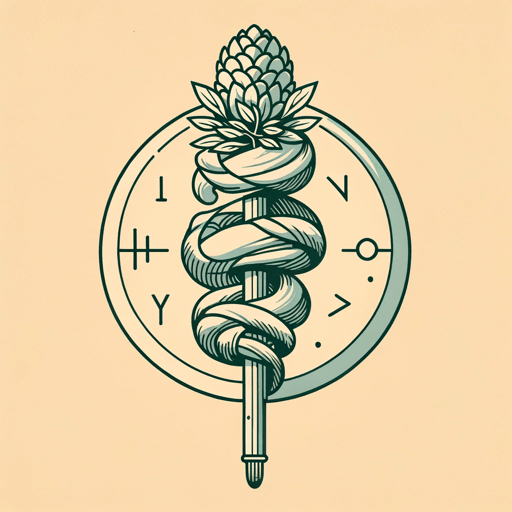
The Bacchae
Euripides

